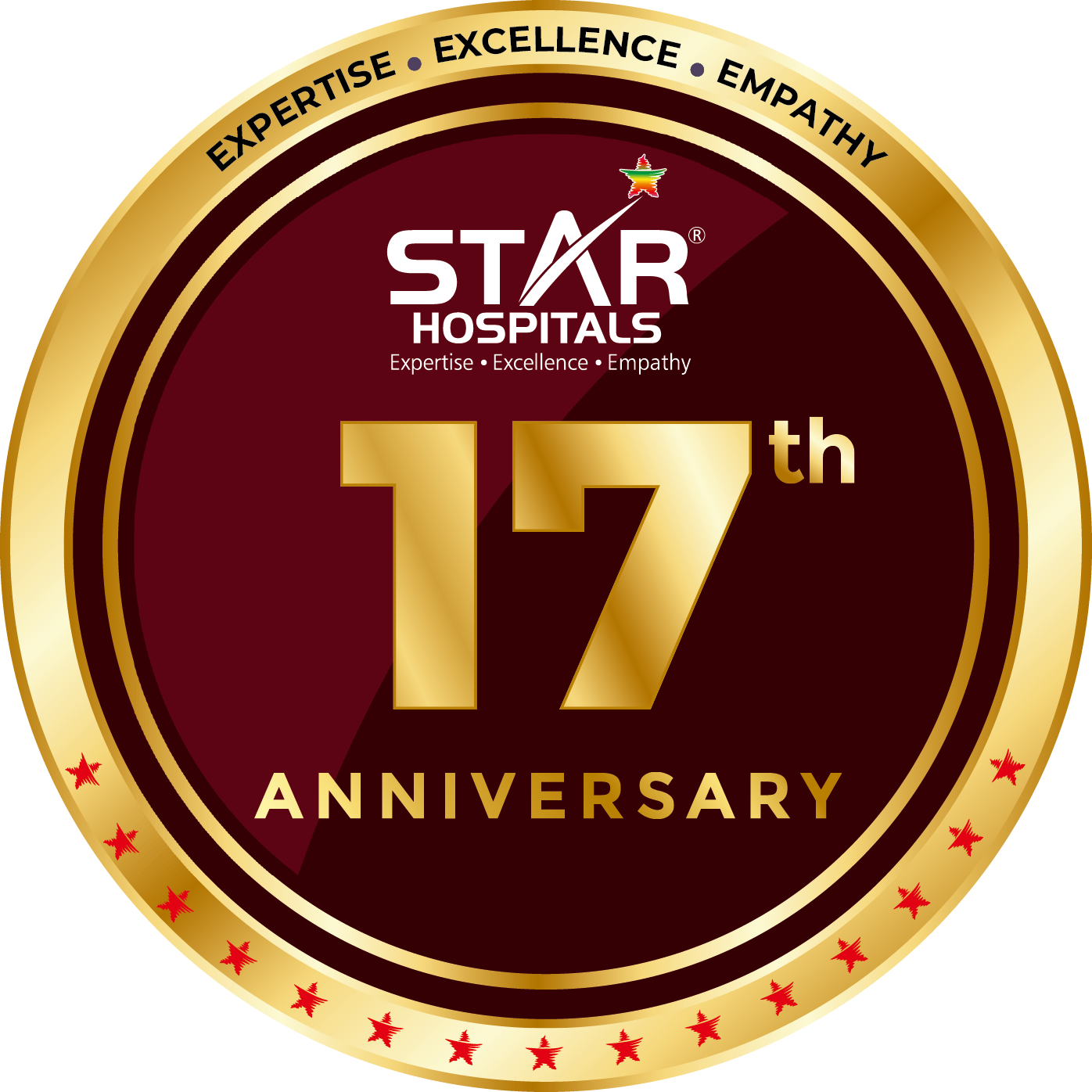Sudden Death Due to Neurological Conditions: Understanding the Risks and Prevention
Sudden deaths are often attributed to cardiac causes, but neurological conditions can also lead to sudden fatalities. These causes include massive brain bleeds due to hypertension, ruptured arterial wall outpouching, vascular malformations, brain strokes from clots, seizures, brain injuries, and infections such as meningitis and brain abscess. Understanding these conditions and their prevention can save lives.
Sudden deaths due to Central nervous system (CNS) causes account for 15% of all cases of non-cardiac deaths. Many sudden neurological deaths are misclassified as cardiac deaths, with an estimated 10,000-25,000 such cases in the United States. There is an increased risk in Asians and Hispanics, especially women.
Dr. Neeharika, Sr. Consultant Neurophysician of Star Hospital, the
Top Neurophysician in Hyderabad, gives an insight into SUDEP (Sudden Unexpected Death in epilepsy) in this article.
Neurological Causes of Sudden Death
Massive brain bleeds, primarily caused by hypertension, ruptured arterial outpouchings, and vascular malformations, can lead to rapid neurological deterioration and death due to the sudden increase in intracranial pressure.
Brain strokes, often resulting from clots in brain blood vessels, can cause massive brain damage and lead to sudden death if not promptly treated. Seizures, particularly prolonged ones, can result in sudden unexpected death in epilepsy (SUDEP). Brain injuries from accidents that cause bleeding in or around the brain can be life-threatening. The bleeding can lead to dangerous pressure on the brain, fluid buildup (hydrocephalus), and even push parts of the brain out of place (herniation), all of which can be deadly, especially if unwitnessed and untreated.
Mechanisms of Death
Craniocerebral trauma and cerebrovascular deaths can result from direct mass effects, hydrocephalus, brain herniation, and neurocardiogenic pathways. Raised intracranial pressure in these conditions can cause severe autonomic disturbances, including cardiac arrhythmias, leading to sudden death. Similarly, sudden unexpected death in epilepsy (SUDEP) involves neurocardiogenic and neurorespiratory changes during seizures and cerebral shutdown after prolonged seizures. The risk factors for SUDEP include major neurological impairment, refractory seizures, seizures during nights, generalised tonic-clonic seizures, and non-compliance with anti-epileptic drug therapy. These mechanisms underline the importance of understanding and managing neurological conditions to prevent sudden fatalities.
SUDEP Prevention:
· Patient education on medication compliance.
· Care plans for seizure clusters.
· Optimizing treatment for drug-resistant epilepsy.
· Prompt surgical evaluation for drug-resistant or lesional epilepsy.
· Epilepsy self-management programs.
· Lifestyle changes to avoid seizure triggers, including avoiding excessive alcohol and sleep deprivation.
· Use seizure monitoring devices like bed sensors, alarms, and heart rate monitors.
· Preventing airway obstruction with ventilated foam pillows and nocturnal supervision, especially for those with a habit of sleeping in a prone position.
Prevention of Brain Bleeds and Strokes:
· Regular monitoring of blood pressure.
· Lowering cholesterol levels.
· Maintaining a healthy lifestyle.
· Avoiding alcohol consumption and quitting smoking.
· Eating a balanced diet.
· Regular exercise.
· Regulating blood sugar levels in diabetics.
· Wearing helmets and ensuring children do the same.
· Buckling seat belts while driving.
Conclusion
Neurological conditions are significant contributors to sudden death, often under-recognised and misclassified as cardiac deaths. Awareness, early diagnosis, and prevention strategies are crucial in reducing these fatalities. Addressing immediate and long-term preventive measures is essential to safeguard those at risk.
STAR Institute of Neurosciences: A Trusted Leader in Neurological CareThe STAR Institute of Neurosciences stands among the
top neurology hospitals in Hyderabad, providing advanced treatments and achieving exceptional outcomes for a broad range of neurological conditions, including Stroke, Epilepsy,
Parkinson’s Disease, Neuropathies, and Myasthenia Gravis. With a team of leading neurologists and neurosurgeons supported by state-of-the-art technology, STAR Hospitals ensures comprehensive care while upholding its commitment to expertise, excellence, and empathy. Adopting a patient-first approach, STAR Hospitals continues to set new standards in neurology and neurosurgery in Hyderabad.
Please book your appointment with our leading
neurologist in Hyderabad today at Star Hospital for expert consultations and personalised healthcare. Your health is our priority!












